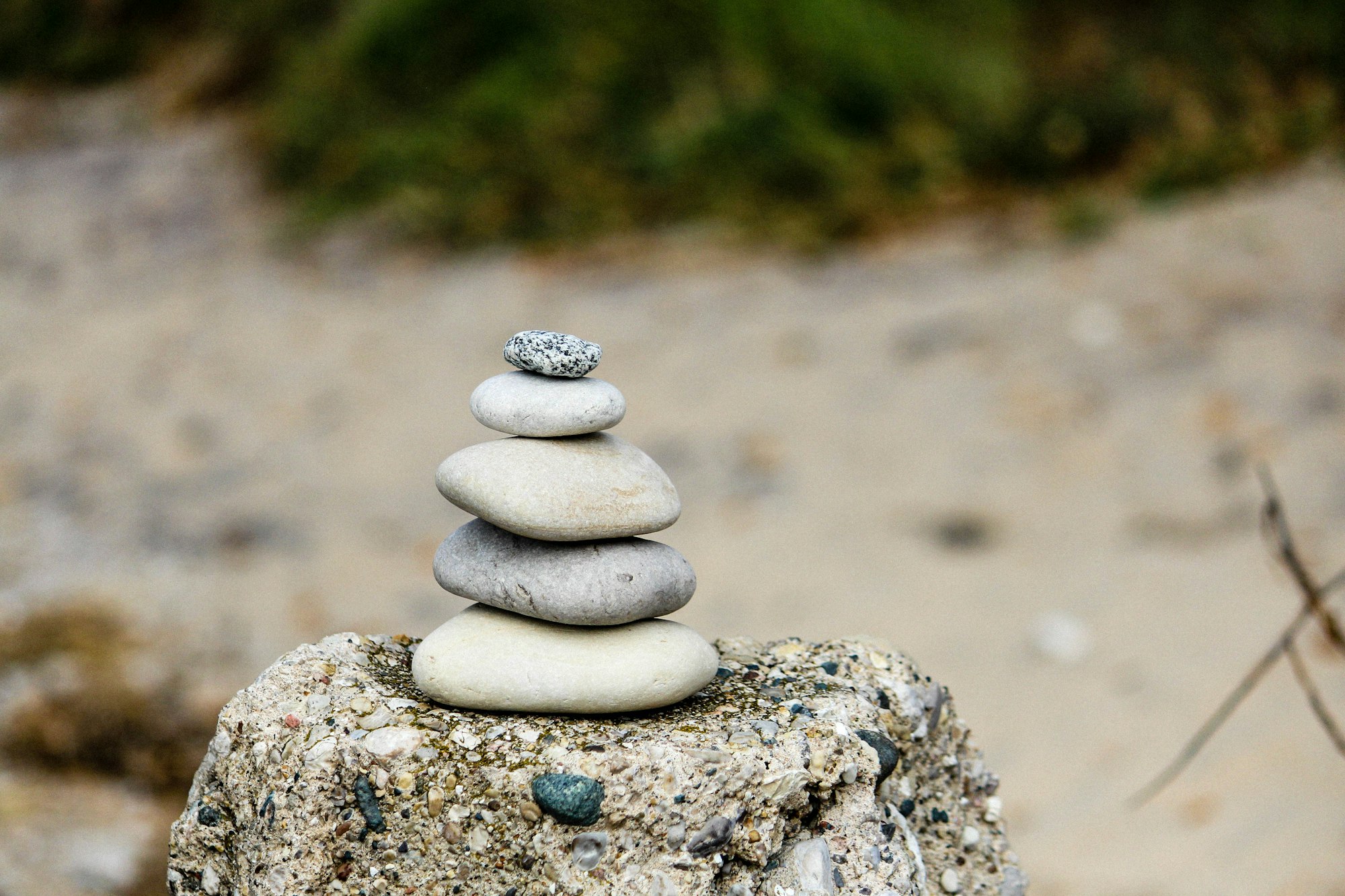Introducing the Summer Challenge

With the dust still settling on the 2020-2021 academic year, it's hard to think about the next academic year starting in just 90-ish days. But one thing is certain: If it's anything like this past year, a lot of faculty are --- to put it mildly --- going to be in a bad way. The level of exhaustion, burnout, and outright despair that I've observed among faculty from different vantage points --- department chair, classroom instructor, faculty developer --- is incredible. Things have to be different this next time around, or else.
Many of those "things" are systemic and outside the direct control of individual faculty. While some institutions have done better than others, in general higher education has to do better with communication, decision-making, and simply taking care of people. Our systems don't always put individual faculty in a position to succeed in their work. And yet – I'm also convinced that there are improvements that each of us can make ourselves, about the way we work, that involve things that are under our control, that --- if we assert control over them --- will make us better able to handle whatever the 2021-2022 academic year throws at us. It's not about accepting the status quo ante of higher education and adapting to it; it's about doing what we faculty (and those in other roles) can to make things better for ourselves to the extent that this is possible. This requires honesty, courage, and most of all training.
I have never run an actual marathon, but my wife used to. If she had a race coming up, she would begin training for it about 90-100 days out. Runnner's World magazine recommends beginning marathon training 16 weeks before the race (10 weeks for a half-marathon). Her training started small, four runs per week averaging about four miles each, and built up from there, culminating in a 20 mile run about 3/4 of the way through the training period. Her first 26.2-mile run was the marathon itself. You don't have to run a marathon to be ready for one --- just engage in consistent training that builds toward the event. Likewise, a person who decides to run a marathon and never trains, but just stumbles out of bed on race day and attempts to run 26.2 miles --- even if they are in excellent health --- has an outstanding chance of injury or even death.
Those who teach know that every academic year --- every semester --- is a marathon. For us faculty, that marathon starts, coincidentally, in about 13 weeks. So the time to start training is now.
So this summer, I am launching a weekly series here that --- because I'm not great at naming things --- I am calling the Summer Challenge. This series is partly a reprise of my GTD for Academics series I did five years ago, but with several differences. For one thing, it's five years later, and it needs an update, especially in the wake of the pandemic and how it's changed the shape of work for everyone. But mostly, I want to help faculty who feel exhausted, demoralized, burned out, and asking hard questions about their work to come into 2021-2022 with a renewed sense of purpose and control, so that you can recapture the enjoyment of being a faculty member that we all used to have in some measure. I am approaching this not from the standpoint of "productivity", but a mix of mindfulness, balance, presence, meaning, and happiness. Not merely getting things done but getting the right things done.
Each week will focus on a different habit or practice that is part of an overall structure, building it up piece by piece. By September 1, if you follow along, you should have in place a system of habits, frames of mind, and practices that can significantly improve the the control you have over work and your ability to be fully present with the people and tasks that come into your orbit. Just like training for a marathon, we will start early and small, and gradually build toward this goal. We'll start with the habits of Capture and the Two-Minute Rule --- practices that are simple, free, require no special technology or background, and have an outsized positive effect on your work and frame of mind. From there, we'll keep working on the earlier practices while adding features: How to manage email and messages, how to handle grading, how to organize tasks and projects, how to work within contexts, how to say "no" to things, how to conduct personal reviews on different levels, and more.
This challenge isn't for everyone. But if this sounds good to you --- if you are tired of being tired, sick of being exhausted, done being burned out --- if you are determined to make 2021-2022 a better year than last year --- then I invite you to join me.
In 2001, a group of software developers --- frustrated by the ineffective ways software had been built in the past --- came together and wrote a document called the Agile Manifesto that succinctly presents their goals and priorities for a new era of development. I'll end here, and kick off this challenge, by stealing borrowing from their work to give you this Summer Challenge Manifesto[1].
As people in higher education, we are determined to reclaim control over things we can control; and to reclaim purpose, presence, and happiness in our work. To that end, we value:
- Habits and mindsets over apps and systems
- Getting important work done over getting "things" done
- Quality over quantity
- Presence over activity
- Growth and fulfillment over tenure and promotion
That is, while there is value in the items on the right, we value the items on the left more.
Rebecca Pope-Ruark has done something similar to this. In fact she wrote an entire book on applying Agile principles to faculty work, that's worth checking out. ↩︎


